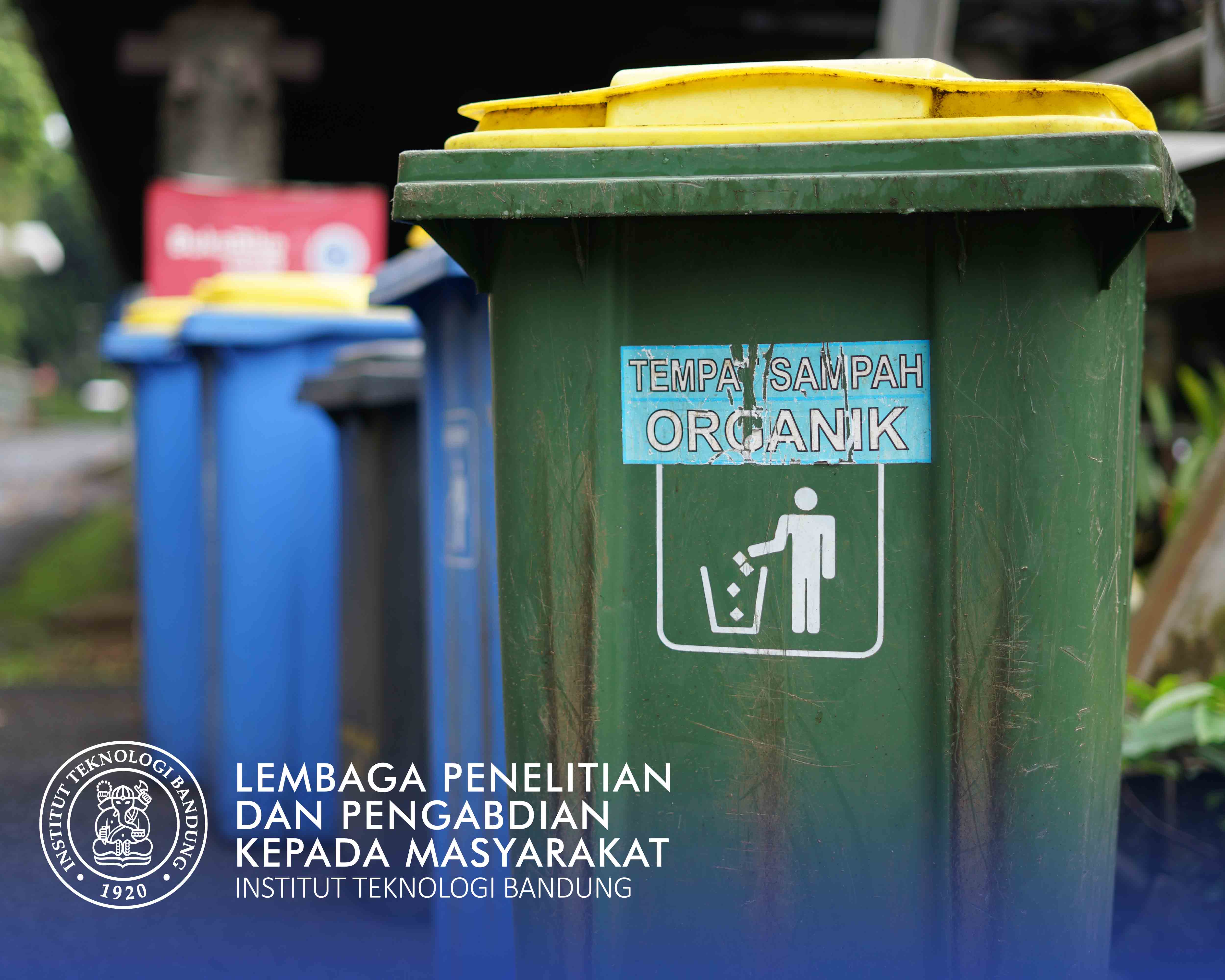

Agus Karya Suhada
This community service activity was carried out as start-up assistance for farmers in Cibuluh Village. This is the first step for farmers interested in switching from conventional farming patterns to pure organic farming patterns that utilize organic waste from households and traditional markets. The use of organic waste compost material as a planting medium on agricultural land in the Cibuluh Village area is very much needed because the soil pH is less than 7 and the pH test results are only 5.6, which means it is in an acidic condition which affects the level of soil fertility. This situation is also influenced by the destruction of soil nutrients caused by the use of chemicals. So efforts to normalize land using compost media are a very appropriate solution.
This activity began with outreach to the community and farmer groups, attended by a total of 56 people. Mentoring is carried out using the presentation method accompanied by question and answer discussions. The lecture method is used to explain the introductory concept of organic farming patterns as a learning medium. The demonstration method is used to show a work process, namely, the development stages in waste processing using a waste shredder machine. Then the stage of making fermented organic fertilizer (POCL) is then practiced on experimental land as an implementation of organic farming using compost and POCL media.
Participant enthusiasm and participant support for the implementation of activities are supporting the implementation of this PM activity. The obstacle faced was limited time, related to program implementation in the fourth stage, namely, the implementation stage for making demonstration plots which was influenced by weather conditions in this year's dry season. So there is a delay in the seeding and planting process, this is because the area is a rain-fed agricultural area.
This activity solves the waste problem completely by using MPS1.9K technology. Also supports village programs to become self-sufficient in food with a healthier and more profitable organic farming system, so that it can boost the economy of village communities.
This PM activity can provide benefits to the farming community by switching to a more profitable organic farming system, as well as a healthier environmental cleanliness.